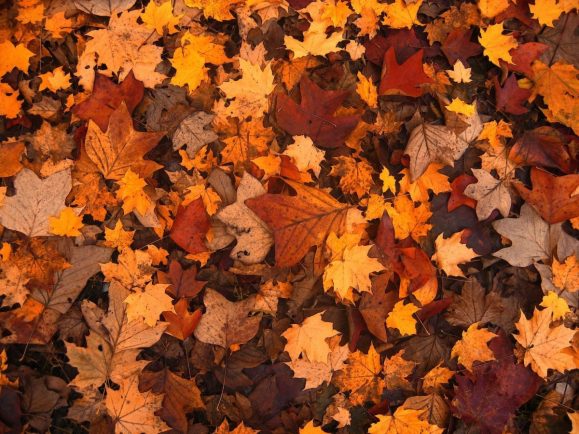As the seasons transition from the vibrant warmth of summer to the cooler embrace of autumn and winter, gardeners eagerly adapt to the changing needs of their beloved green spaces. It’s during these times that organic gardening practices can make a significant difference in nurturing your garden and preparing it for the challenges of the colder months. In this article, with the assistance of MOOWY, we will delve into expert insights and tips for autumn and winter gardening, all firmly grounded in the principles of organic and sustainable horticulture.
1. Soil Health in Autumn
Before the first frost sets in, autumn offers a prime opportunity to fortify your garden’s foundation—its soil. Healthy soil is the bedrock of thriving plants. Begin by amending your soil with organic matter, such as compost and well-rotted manure, to enrich its fertility. These natural nutrients will enhance the soil structure and provide a nourishing environment for plant roots. You can also cover your garden beds with mulch to insulate the soil and regulate its temperature as the mercury drops.
2. Planting for Winter
While it’s true that many plants become dormant in winter, some continue to flourish during the cold season. In autumn, plant cold-hardy vegetables like kale, spinach, and Brussels sprouts. These resilient crops can withstand frost and even improve in flavor after a cold snap. Furthermore, consider sowing cover crops, such as winter rye or clover, to protect your garden beds, prevent soil erosion, and enhance nutrient cycling.
3. Seasonal Pruning
Autumn is an ideal time for pruning, as many trees and shrubs enter a state of dormancy. Pruning not only helps maintain your garden’s shape and size but also stimulates healthy growth when spring returns. Be sure to use clean, sharp tools for precise cuts, and remove dead or diseased branches to promote better air circulation.
4. Winterizing Your Garden
As winter arrives, protecting your garden from harsh weather conditions becomes paramount. Invest in frost cloths or row covers to shield vulnerable plants from freezing temperatures. Additionally, consider creating windbreaks with evergreen shrubs or erecting temporary barriers to divert cold gusts away from your garden beds.
5. Composting Through Winter
Winter doesn’t have to halt your composting efforts. While decomposition slows down in colder weather, it’s still possible to maintain a compost pile. Insulate the compost bin or heap with straw, leaves, or cardboard to retain heat and encourage decomposition. Continue adding kitchen scraps, though in smaller quantities, and turn the pile occasionally to aerate it.
6. Indoor Gardening
Bringing a touch of green indoors during the winter months can brighten your living space and boost your gardening spirit. Consider cultivating houseplants, herbs, or microgreens on windowsills or under artificial grow lights. These indoor gardens not only provide fresh herbs and greens but also offer a rewarding connection to nature during the winter.
In conclusion, autumn and winter gardening presents unique challenges and opportunities for organic enthusiasts. By enriching your soil, planting strategically, and tending to your garden’s needs, you can continue to enjoy the beauty and benefits of your garden throughout the colder seasons. Embracing organic principles ensures that your gardening practices remain environmentally friendly and sustainable year-round.
This article is written by Robin.











